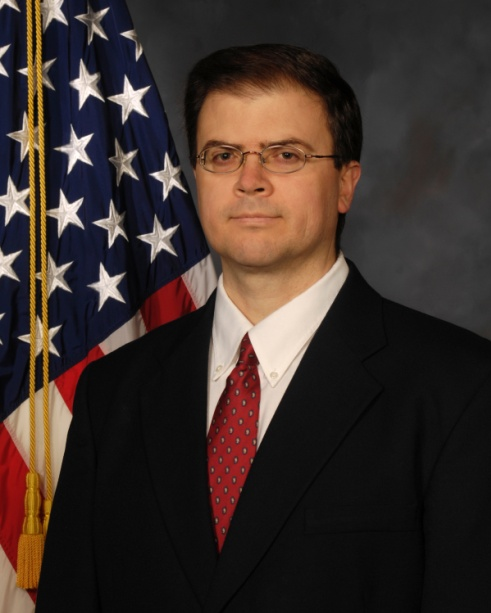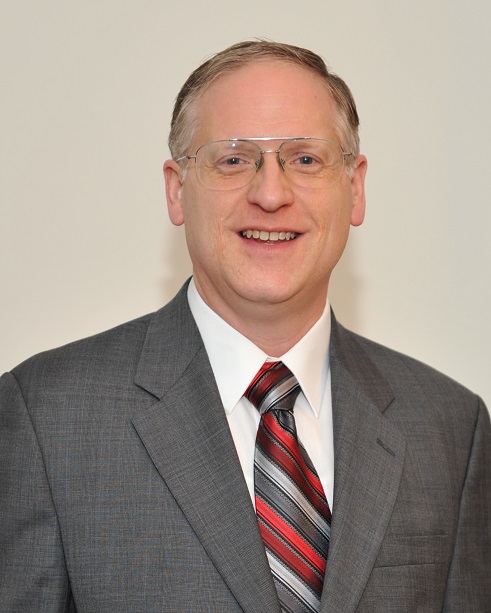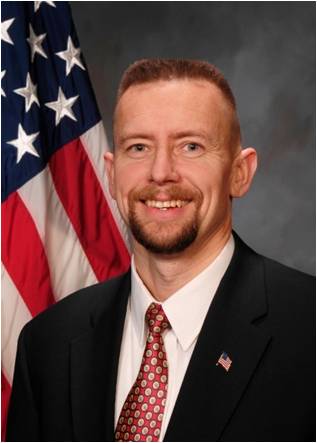Dr. Michael J. Havrilla

Dr. Michael J. Havrilla is a Professor of Electrical Engineering at the Air Force Institute of Technology, Wright-Patterson AFB, OH. Dr. Havrilla’s teaching and research interests are in the areas of electromagnetic theory, measurement and applications of anisotropic and bianisotropic media, guided wave and antenna applications and low observable technology. Dr. Havrilla has advised and mentored over 50 graduate students and has published over 150 journal and conference papers. Prior to AFIT, Dr. Havrilla worked in industry for 6 years at General Electric Aircraft Engines, Evendale, Ohio and Lockheed Skunk Works, Palmdale, California. His academic and industrial background has allowed him to bring hands-on education into the classroom and help guide students into areas of applied research that is relevant to the Air Force and measurement community. Dr Havrilla received B.S. degrees in Physics and Mathematics in 1987, the M.S.E.E degree in 1989 and the Ph.D. degree in electrical engineering in 2001 from Michigan State University, East Lansing, MI. He is a member of URSI Commission B, a senior member of the IEEE, a member of AMTA, and a member of the Eta Kappa Nu and Sigma Xi honor societies.
Dr. Lydell L. Frasch

Dr. Lydell L. Frasch is a Technical Fellow of the Boeing Company, St. Louis, Missouri. Dr Frasch’s research interests include the electromagnetic characterization of special materials, such as composites and absorbers, the development of in-field measurement devices for characterizing materials, electromagnetic scattering phenomena with applications in radar cross-section analysis/measurement, and antenna measurement. Before joining Boeing as a senior RCS engineer in 1988, he was a graduate research assistant at Michigan State University. Prior to that he worked for the Dow Chemical Company, Midland Division, Midland, MI, from 1980 to 1983 on in-field, analytical measurement instrumentation. He has been active in the RF/microwave material measurements community for over 28 years and has a long history of academic, industrial and government collaboration. Dr. Frasch received the B.S. degree in physics in 1979 and the B.S. in Electrical Engineering in 1980, both from the South Dakota School of Mines and Technology, Rapid City, South Dakota. He received the M.S. and Ph.D. degrees in electrical engineering from Michigan State University, East Lansing, Michigan, in 1983 and 1987, respectively. Dr. Frasch is a senior member of AMTA, a senior member of the IEEE, a member of ASTM International Committee D9 on electrical insulating materials, Tau Beta Pi, Eta Kappa Nu, Sigma Pi Sigma, and Sigma Xi.
Dr. Peter J. Collins

Dr. Peter J. Collins is a Professor of Electrical Engineering at the Air Force Institute of Technology, Wright-Patterson AFB, OH. Dr. Collins’ research interests are in the areas of low observables, electromagnetic materials design, remote sensing, electromagnetic theory, computational electromagnetics, and signature metrology. Dr. Collins received the B.A. degree from Bethel College, MN and the B.S.E.E. degree from the University of Minnesota, both in 1985, the M.S.E.E. and Ph.D. degrees from the Air Force Institute of Technology, OH in 1990 and 1996 respectively. He is a senior member of the IEEE, a senior member and the immediate past president of the AMTA, and a member of the Eta Kappa Nu and Tau Beta Pi honor societies.